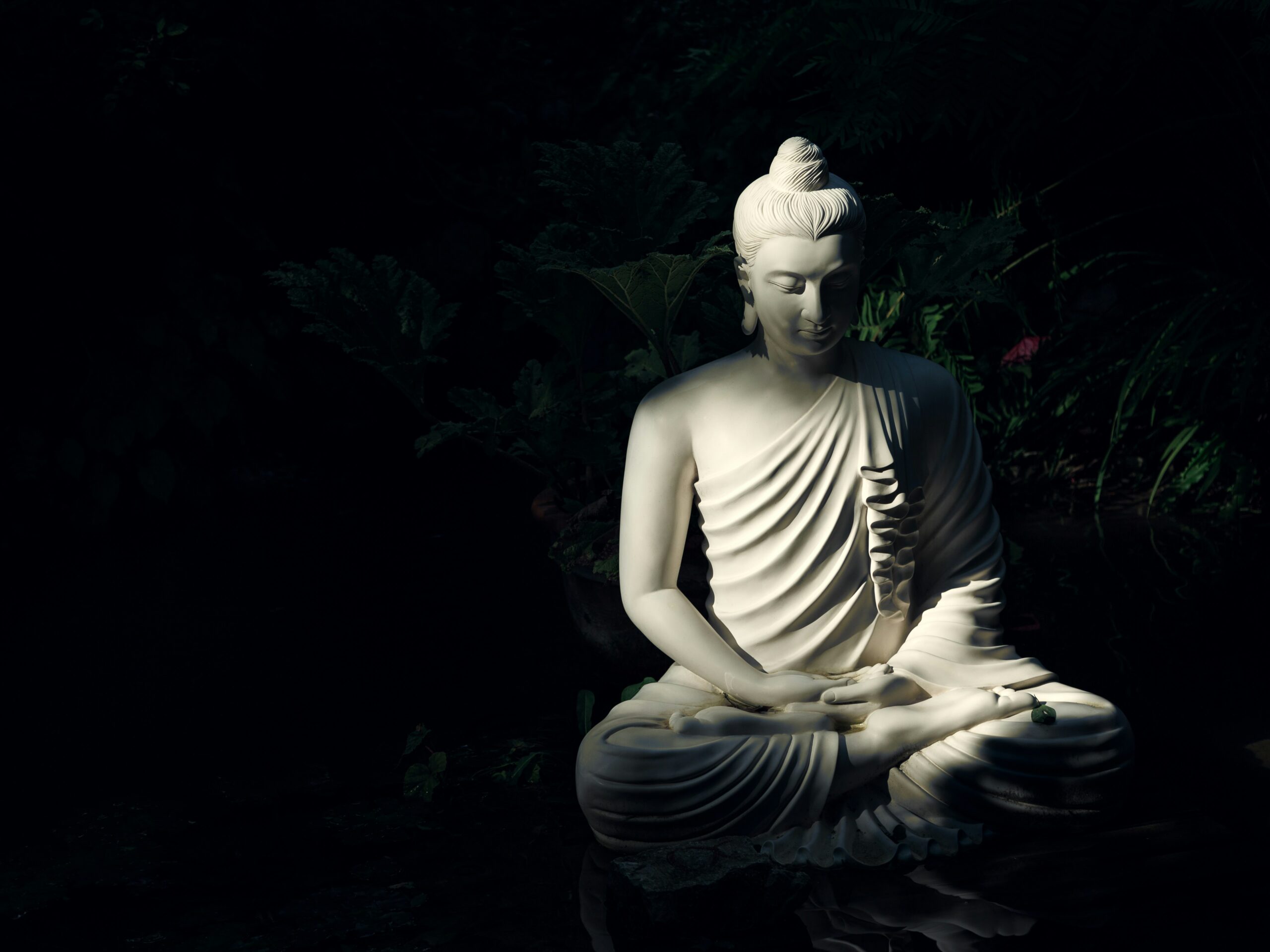India isn’t just the birthplace of Buddhism—it’s the soul of its spiritual journey. Popular Buddhist Destinations in India offer travelers a chance to walk in the footsteps of the Buddha, explore ancient monasteries, and experience a culture rooted in compassion, mindfulness, and wisdom.
Whether you’re a pilgrim seeking enlightenment or a curious traveler drawn to serene landscapes and timeless architecture, these destinations promise a deeply enriching experience.
🧘 Why Explore Popular Buddhist Destinations in India?
Buddhist tourism is more than sightseeing—it’s a meditative journey through history, philosophy, and nature. Here’s why it’s worth your time:
- Spiritual depth: Visit places where Buddha lived, taught, and attained enlightenment.
- Architectural marvels: Ancient stupas, monasteries, and cave temples that showcase India’s rich heritage.
- Cultural immersion: Interact with monks, attend rituals, and explore Buddhist art and literature.
- Peaceful travel: These destinations are often quiet, scenic, and ideal for reflection.
🌍 Top Popular Buddhist Destinations in India
Let’s explore the most revered and visually stunning Buddhist sites across the country:
1. Bodh Gaya, Bihar
The epicenter of Buddhist pilgrimage, Bodh Gaya is where Siddhartha Gautama attained enlightenment under the Bodhi Tree. The Mahabodhi Temple, a UNESCO World Heritage Site, is surrounded by monasteries from countries like Japan, Thailand, and Bhutan.
2. Sarnath, Uttar Pradesh
Just outside Varanasi, Sarnath is where Buddha gave his first sermon. The Dhamek Stupa, Ashoka Pillar remains, and the Sarnath Museum (home to India’s national emblem) make it a must-visit.
3. Kushinagar, Uttar Pradesh
This is the place where Buddha attained Mahaparinirvana (final liberation after death). The Mahaparinirvana Temple and Ramabhar Stupa are deeply moving sites for reflection.
4. Rajgir & Nalanda, Bihar
Rajgir was a favorite retreat of Buddha, while Nalanda was home to one of the world’s oldest universities. The ruins of Nalanda and the Vishwa Shanti Stupa in Rajgir are both awe-inspiring.
5. Shravasti, Uttar Pradesh
Buddha spent many rainy seasons here, delivering key teachings. The Jetavana Monastery and Ananda Bodhi Tree are central attractions.
6. Ajanta Caves, Maharashtra
These ancient rock-cut caves are adorned with exquisite Buddhist frescoes and sculptures. A UNESCO World Heritage Site, Ajanta is a visual and spiritual feast.
7. Tawang Monastery, Arunachal Pradesh
India’s largest monastery, Tawang offers stunning views of the Himalayas and a deep sense of serenity. It’s a living center of Mahayana Buddhism.
8. Rumtek Monastery, Sikkim
A vibrant hub of Tibetan Buddhism, Rumtek is known for its colorful architecture and spiritual energy. It’s also the seat of the Karmapa lineage.
🧭 Types of Buddhist Tourism Experiences
Depending on your interests, here are some ways to explore these destinations:
| Experience Type | Ideal For | Highlights |
| Pilgrimage Tours | Spiritual seekers | Temples, stupas, meditation retreats |
| Heritage Circuits | History lovers | Ancient ruins, museums, cultural walks |
| Monastery Stays | Mindfulness travelers | Live with monks, attend rituals, learn dharma |
| Art & Architecture Trails | Creatives & scholars | Frescoes, sculptures, cave temples |
| Wellness Journeys | Peaceful escapes | Yoga, meditation, nature immersion |
🧳 What to Pack for Buddhist Travel
Here’s a quick checklist to keep your journey smooth and respectful:
- Modest, comfortable clothing
- Meditation shawl or mat
- Journal for reflections
- Reusable water bottle
- Lightweight shoes for walking
- Sunscreen and sunglasses
- Basic medicines and travel documents
📅 Best Time to Visit Popular Buddhist Destinations in India
- October to March: Pleasant weather across most sites
- December to February: Ideal for Bodh Gaya and Sarnath
- Monsoon (July–September): Lush landscapes, but some sites may be less accessible
🌱 Responsible Travel Tips
Buddhist tourism is rooted in mindfulness and respect. Here’s how to honor that:
- Maintain silence in sacred spaces
- Avoid touching statues or relics
- Support local guides and artisans
- Refrain from photography where prohibited
- Participate in rituals with humility






